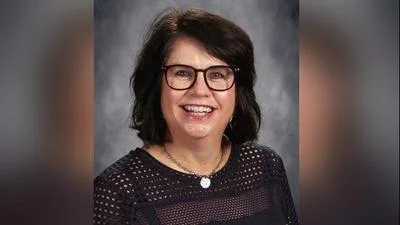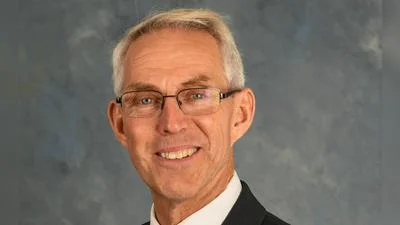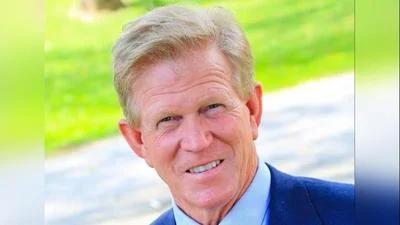State Representative Chris Miller (il) | Representative Chris Miller (R) 101st District
State Representative Chris Miller (il) | Representative Chris Miller (R) 101st District
Carbon dioxide (CO2) pipelines have become a contentious issue in the United States as landowners and environmentalists push back against pipeline projects aimed at reducing greenhouse gas emissions. Two recent CO2 pipeline projects in Illinois have faced opposition and have been withdrawn, highlighting the resistance from local communities.
One of the projects, the Heartland Greenway pipeline by Navigator Heartland Greenway LLC, sought permission from the Illinois Commerce Commission (ICC) to build a 290-plus mile pipeline through central Illinois. However, the company decided to withdraw its application, citing the need to reassess the route and other aspects of the project. Representative Miller expressed concerns about the company's disregard for eminent domain concerns from farmers and landowners, stating, "This company is not bothered by eminent domain concerns from many farmers and landowners." Miller also argued that the project was part of a government agenda to reduce emissions by transporting high-pressure carbon dioxide for underground sequestration in Illinois.
The Navigator project has faced widespread resistance from property owners and environmentalists. Concerns about eminent domain and the pipeline's proximity to heavily populated areas have raised alarms among officials and residents. Additionally, opponents of the project argue that the pipeline poses risks of asphyxiation, injuries, and potential damage to the environment. As a result, a coalition to stop CO2 pipelines has been formed, and the Illinois Farm Bureau has passed resolutions supporting legislation that would prohibit the use of eminent domain for CO2 pipelines.
Another CO2 pipeline project proposed by Wolf Carbon Solutions faced similar opposition. The Colorado-based company applied to the ICC to construct a 260-mile pipeline to transport carbon from Archer Daniels Midland Co. plants in Iowa to a sequestration site below ADM's Decatur facility. However, Wolf also withdrew its application to address questions and concerns raised by the ICC. The company intends to refile in early 2024.
Safety concerns and uncertainty about carbon dioxide supply and storage have been raised by ICC staff members, echoing the need for caution before approving such projects. In light of a pipeline rupture in Mississippi in 2020 that resulted in numerous emergency medical cases, federal regulators are updating safety rules, expected to be released in 2024. Brett Seagle, an ICC gas engineer, testified that the pipeline should not be approved until new federal safety rules are in place.
The resistance to CO2 pipeline projects in Illinois reflects the growing concerns about the risks associated with transporting and storing carbon dioxide. Landowners and environmentalists argue that the potential dangers outweigh the purported benefits of reducing greenhouse gas emissions. As the debate continues, it remains to be seen how the government and pipeline companies will address these concerns and find a balance between climate goals and the rights of landowners.
To find out more, go to this link: https://repcmiller.com/2023/12/08/american-landowners-fight-greedy-c02-pipeline-companies/






 Alerts Sign-up
Alerts Sign-up